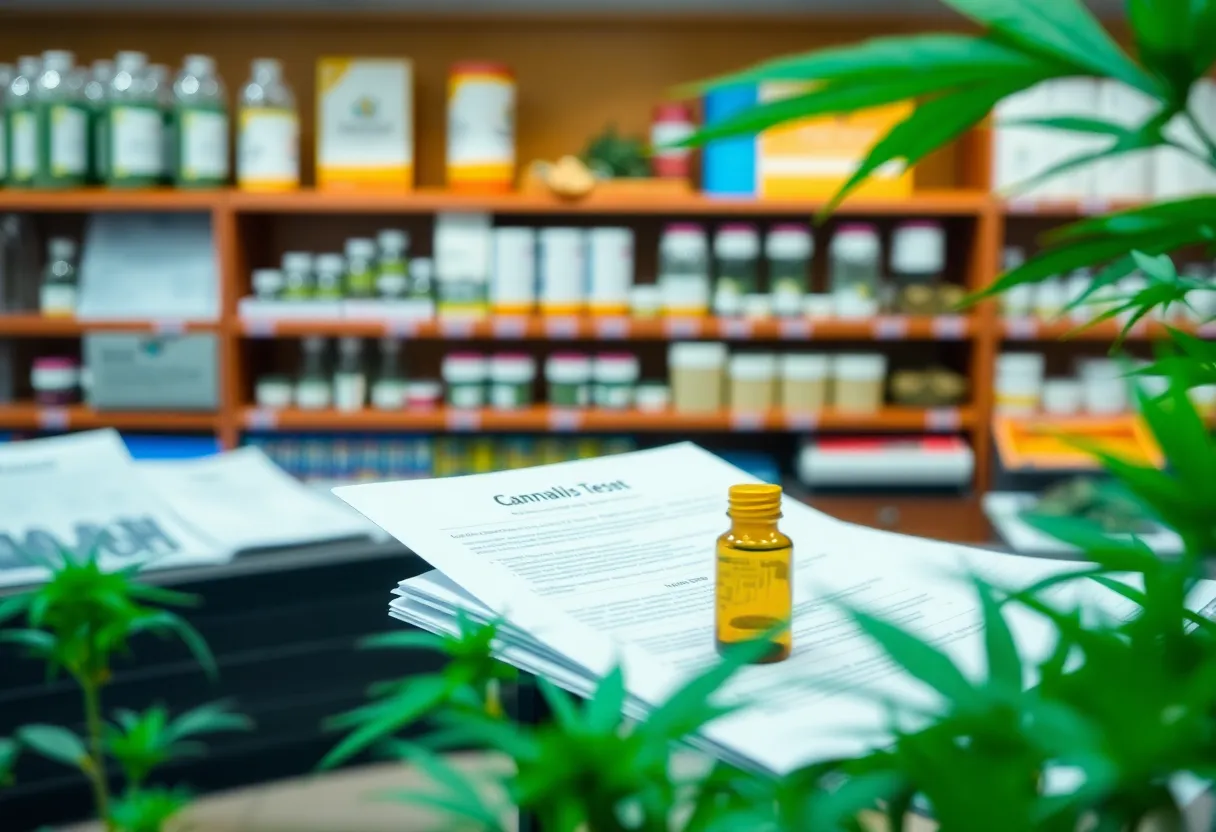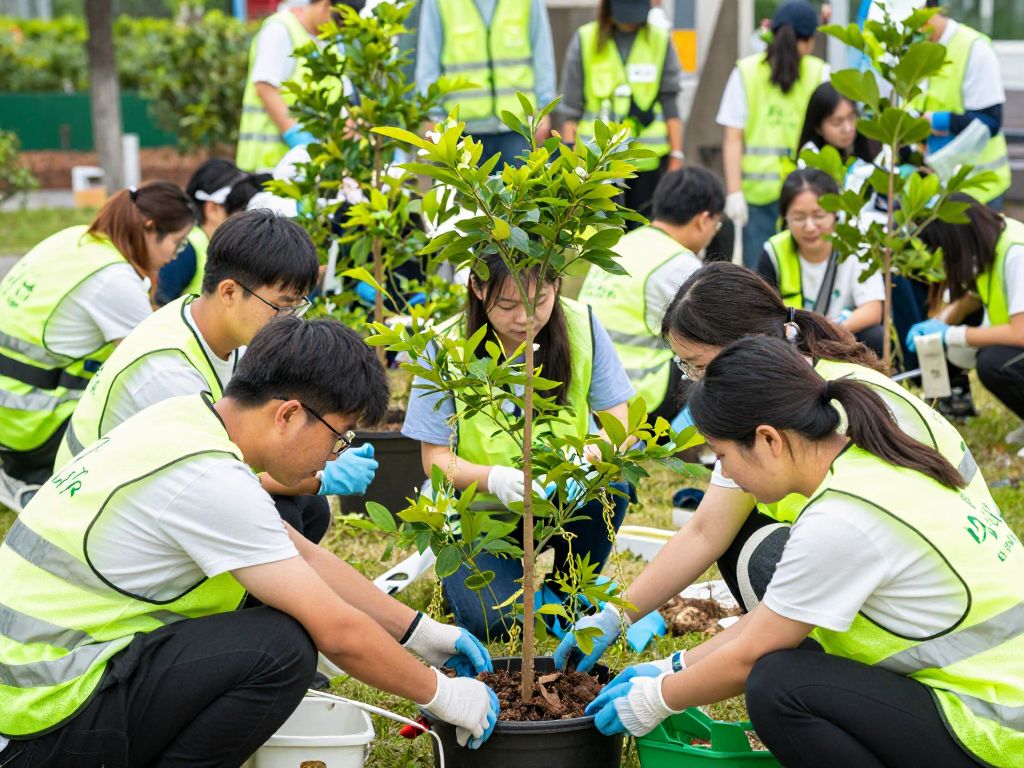News Summary
The medical cannabis market in Massachusetts is experiencing a notable decline due to strict regulations and safety concerns. Active medical cannabis patients have dropped from approximately 100,000 in 2021 to fewer than 83,000. Challenges facing dispensaries include rising operational difficulties and contamination issues, leading to calls for legislative reforms. The Cannabis Control Commission is set to implement new testing protocols to enhance product safety amid these financial and regulatory pressures.
Swampscott, Massachusetts – The medical cannabis market in Massachusetts is experiencing a significant decline, primarily due to stringent regulatory challenges and emerging safety concerns. Current data indicates a decrease in active medical cannabis patients—from approximately 100,000 in 2021 to fewer than 83,000 by late 2024. This reduction follows a troubling trend of rising operational difficulties among medical dispensaries and safety issues related to product contamination.
Meredith Freed, a long-time medical cannabis patient residing near two local dispensaries, has opted to drive to Chelsea for tax-free medicine, highlighting a noticeable patient frustration with the accessibility and affordability of medication. Advocates for medical cannabis argue that the regulatory framework imposed on medical dispensaries is far more stringent than that applied to recreational cannabis businesses, contributing to a diminishing medical market. Since the introduction of the medical cannabis program in Massachusetts in 2014, the Department of Public Health has enforced rigorous requirements for dispensaries, which must achieve vertical integration by operating a cultivation center and manufacturing facility alongside their dispensaries to obtain a license.
As the cannabis market has evolved, financial pressures have increased, prompting many medical dispensaries to downsize or close. The decline began as prices dropped in 2022, impacting both medical and recreational shops. Reports indicate that more than twice as many medical dispensary operators have allowed their licenses to expire since the approval of nearly 100 medical dispensaries and 42 provisional licenses in 2021. The Cannabis Control Commission (CCC) recently acknowledged the need for a holistic review of the medical program during a February hearing in response to patient access issues.
The CCC is facing internal challenges; infighting and turnover in leadership have hindered the resolution of long-standing issues. Stakeholders express concern that while patient feedback is recognized, actionable responses from regulators are lacking. Many patients and advocates have called for legislative reforms, namely the elimination of the vertical integration requirement and the reduction of licensing fees for medical shops. However, the legislative process in Massachusetts has historically moved slowly, with changes in cannabis laws taking time to materialize.
In addition to regulatory challenges, a growing number of contamination incidents have raised alarms within the cannabis community. Investigations indicate that several marijuana products sold between May 2024 and January 2025 were found to contain high levels of yeast and mold. These products initially passed testing but failed subsequent assessments, prompting recalls and investigations by the CCC. Experts have highlighted the potential health risks of mold exposure, particularly for immunocompromised individuals who rely on medical cannabis. Christopher Hudalla, a laboratory founder, has long urged for stricter regulations concerning cannabis contamination. However, concerns regarding inconsistent testing methodologies across laboratories have further exacerbated issues.
To address these safety and regulatory concerns, the CCC plans to implement new testing protocols by April 2024, requiring all licensees to send samples to a single Independent Testing Laboratory for compliance testing. This initiative aims to standardize testing and potentially improve product safety.
The financial landscape for Massachusetts cannabis businesses is under duress. Nearly 60 marijuana businesses have either reduced their operations or closed entirely, with many facing substantial tax liens and mounting debts. Despite these challenges, state regulators remain optimistic about future demand growth for cannabis products. Nonetheless, the sector is grappling with an imbalance of supply and demand, leading to unsustainable operating costs and limited sales for many dispensaries. Community impact fees and compliance pressures add to the financial strain, prompting discussions within the industry about the potential need for a moratorium on new license applications to rebalance the market.
While certain businesses continue to navigate the tightening market by suspending executive pay or utilizing operational reserves, minority-owned ventures face heightened challenges, with few benefiting from the Social Equity Trust Fund designed to support such businesses. The Massachusetts cannabis market is in a pivotal state, with stakeholders pushing for urgent reforms to stabilize the industry and ensure patient safety in the face of increasing safety concerns.
Deeper Dive: News & Info About This Topic
- Axios: Massachusetts Medical Cannabis Market Shrinks
- Wikipedia: Cannabis in the United States
- Boston.com: The Best Marijuana Dispensaries in Massachusetts 2025
- Google Search: Massachusetts Medical Cannabis Market
- NBC Boston: Cannabis Testing Contamination Safety
- Google Scholar: Cannabis Regulation in Massachusetts
- Boston 25 News: State Issues Contamination Warning for Marijuana
- Encyclopedia Britannica: Cannabis
- Boston Globe: Cannabis Investment in Massachusetts Dispensing

Author: STAFF HERE BOSTON WRITER
The BOSTON STAFF WRITER represents the experienced team at HEREBoston.com, your go-to source for actionable local news and information in Boston, Suffolk County, and beyond. Specializing in "news you can use," we cover essential topics like product reviews for personal and business needs, local business directories, politics, real estate trends, neighborhood insights, and state news affecting the area—with deep expertise drawn from years of dedicated reporting and strong community input, including local press releases and business updates. We deliver top reporting on high-value events such as Boston Marathon, Head of the Charles Regatta, and Boston Harborfest. Our coverage extends to key organizations like the Greater Boston Chamber of Commerce and Associated Industries of Massachusetts, plus leading businesses in finance, biotech, and insurance that power the local economy such as Fidelity Investments, Biogen, and Liberty Mutual Insurance. As part of the broader HERE network, we provide comprehensive, credible insights into Massachusetts's dynamic landscape.





